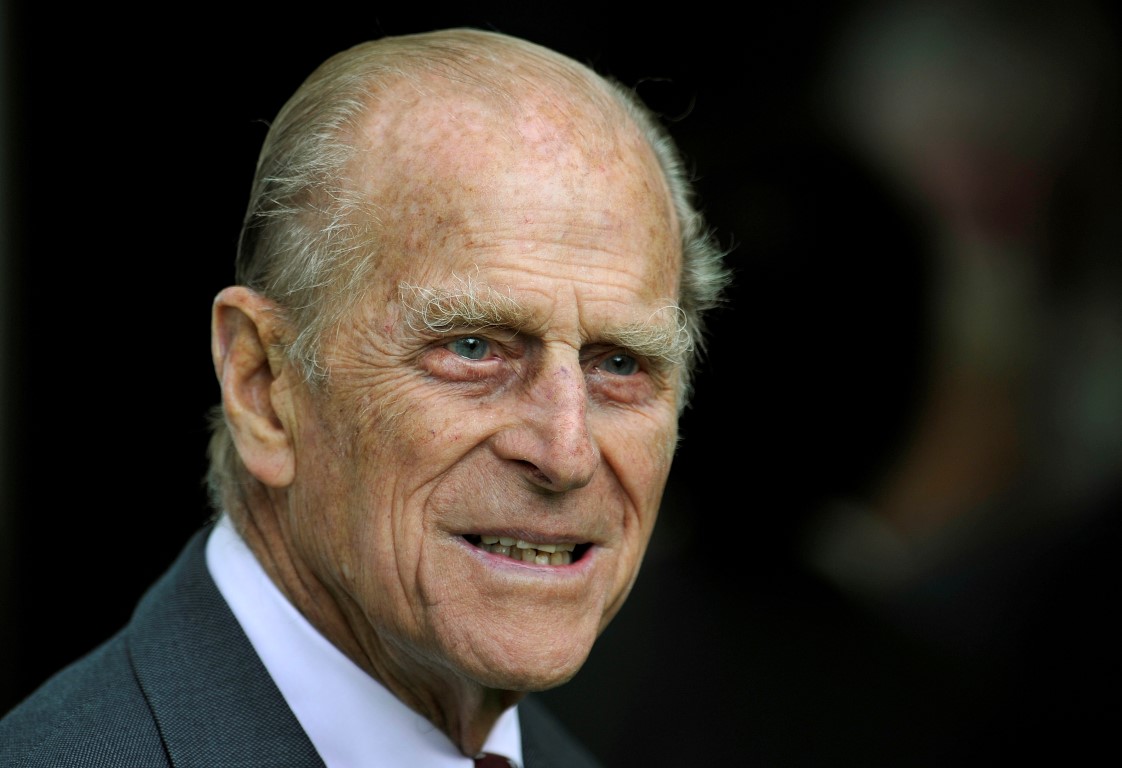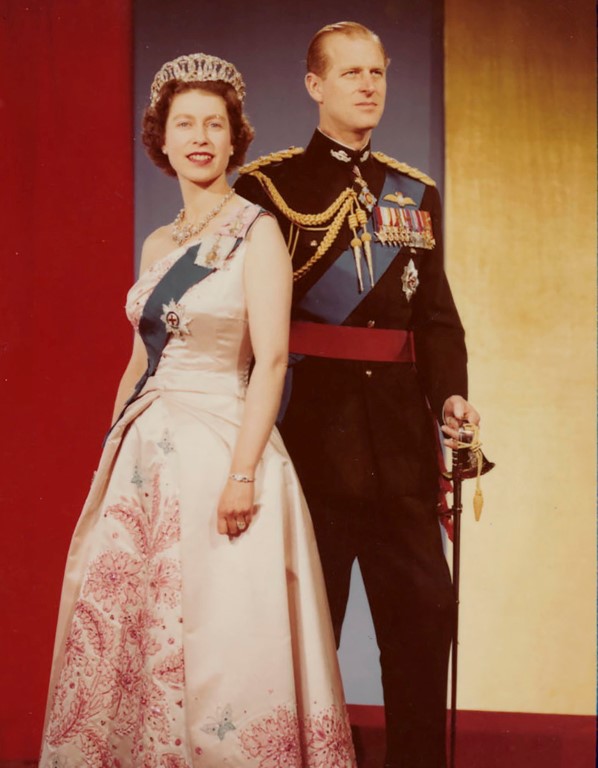
While details of the ceremonies over the next few days are yet to be released, there are a series of protocols that are set for a royal consort's funeral.
Prince Philip, who died aged 99, is entitled to a full state funeral at Westminster Abbey in London, as well as a period of time lying in state.
Queen Elizabeth II, his wife of 73 years, today begins her official eight days of mourning.
Prince Philip's wishes were for a "no-fuss" send-off, which could mean commemorations of his life are significantly curtailed.
In addition, it is not yet known how Covid-19 lockdown restrictions in UK could affect proceedings.
Regardless, he will be mourned officially and the UK has entered a state of national mourning, which will last at least until the day of the Duke's funeral.

The one flag that will not be flying at half mast is the Royal Standard, which sits atop Buckingham Palace. This flag represents the monarchy, and is never lowered.
All members of parliament will be required to wear a black armband on their left arm.
Male MPs have to wear black ties, and the ceremonial mace in the House of Commons will be either draped in black or have a black bow added to it.
For the next eight days, the Queen will not engage in any affairs of state. No laws will be given royal assent.
The official period of royal mourning can go to 30 days. After that, the Queen will return to her former duties.
Prince Philip will lie in state.
A lying in state has not happened since the death of Queen Elizabeth, the Queen Mother, in March 2002.
This would usually happen at Westminster Hall in the Houses of Parliament. However, Prince Philip reportedly declined that option and his body is likely to lie at nearby St James' Palace, the same place where Princess Diana's body lay before her funeral in 1997.
The public will not be able to view his body and pay their respects in person.
Because of his own wishes, and potential Covid restrictions, Prince Philip's funeral could be a scaled-down version of the usual state funeral.
Instead of the traditional funeral at Westminster Abbey, he is likely to have a smaller ceremony at St George's Chapel in Windsor Castle - the venue where Prince Harry married Meghan Markle in 2018.
He will likely receive a military funeral, as a member of the Royal Navy.
Traditionally, the funeral will not take place on a Sunday or a bank holiday.
The Duke is expected to be buried at the Royal Burial Ground, on Frogmore Estate.
Covid-19 restrictions could see these protocols adjusted to abide by lockdown rules.












